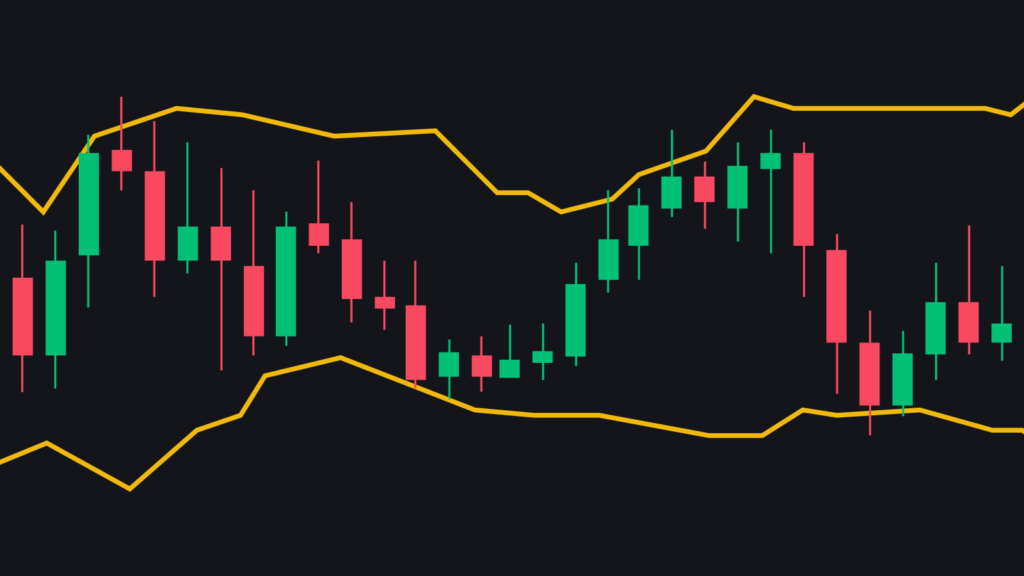Mastering Bollinger Bands: Key Strategies for Trading Success
Bollinger Bands are essential tools in technical analysis for trading success, offering versatility and in-depth insights to traders worldwide. These bands, developed in the 1980s by John Bollinger, are crucial for evaluating market volatility and setting the relative high and low limits of price movements. This guide explores effective methods of using Bollinger Bands to boost trading results, catering to both beginners and experienced traders.
An overview of Bollinger Bands
Consisting of three lines – a central simple moving average (SMA) usually at 20 periods, flanked by two standard deviations away – Bollinger Bands help measure market dynamics. While the default setting is 20.2, adjustments can be made to suit specific trading needs or idiosyncrasies of assets.
Core concepts:
– Volatility: The widening and narrowing of the bands reflect periods of high and low market volatility respectively.
– Market condition: The positioning of prices relative to the bands helps to identify potential overbought or oversold conditions.
Effective trading strategies for Bollinger Bands
1. The squeeze strategy
The “squeeze” indicates a market phase of low volatility shown by the narrowing of bands and often predicts a significant price movement. This setting is closely monitored by traders for signs of price breaks.
Trading method:
– Entry: Initiate a position when the price clearly breaks from the squeeze, indicating a trend direction.
– Exit: Define a target price to exit the trade, usually at an upcoming major resistance or support point.
2. bounce play
This strategy benefits from price movements recovering from Bollinger Bands. It is particularly effective in markets that are not trending but rather moving sideways.
Trading method:
– Entry: Buy when the price reaches the lower band and starts to rise, or sell when it reaches the upper band and starts to fall.
– Exit: Close the position when the price approaches the middle of the SMA or the opposite band.
3. trend monitoring
Bollinger Bands can also support a trend-following approach, allowing traders to hold positions in the direction of the trend until there are signs of a reversal.
Trading method:
– Entry: In an uptrend, buy on dips to the lower Bollinger band; in a downtrend, sell on rallies to the upper band.
– Exit: Exit trades when the price consistently closes beyond the Bollinger Bands, signaling a potential trend change.
Best practices for trade
– Integrate indicators: Enhance Bollinger Band signals by combining them with other indicators such as Relative Strength Index (RSI), Moving Average Convergence Divergence (MACD) or volume measures.
– Strategy testing: Always test any new strategy with historical data to verify its potential and make necessary adjustments.
– Risk management: Implement stop-loss orders to control potential losses, adjusting them based on the current market volatility as indicated by the width of the bands.
Conclusion
While Bollinger Bands provide valuable market insights, they require proper use and understanding. Integrating these ties with other analytical tools improves decision-making capabilities in trade. By mastering strategies such as squeeze, bounce, and trend following, traders can effectively navigate the intricacies of different market environments.
About the Vikingen
With Vikingen’s signals, you have a good chance of finding the winners and selling in time. There are many securities. With Vikingen’s autopilots or tables, you can sort out the most interesting ETFs, stocks, options, warrants, funds, and so on. Vikingen is one of Sweden’s oldest equity research programs.
Click here to see what Vikingen offers: Detailed comparison – Stock market program for those who want to get even richer (vikingen.se)













